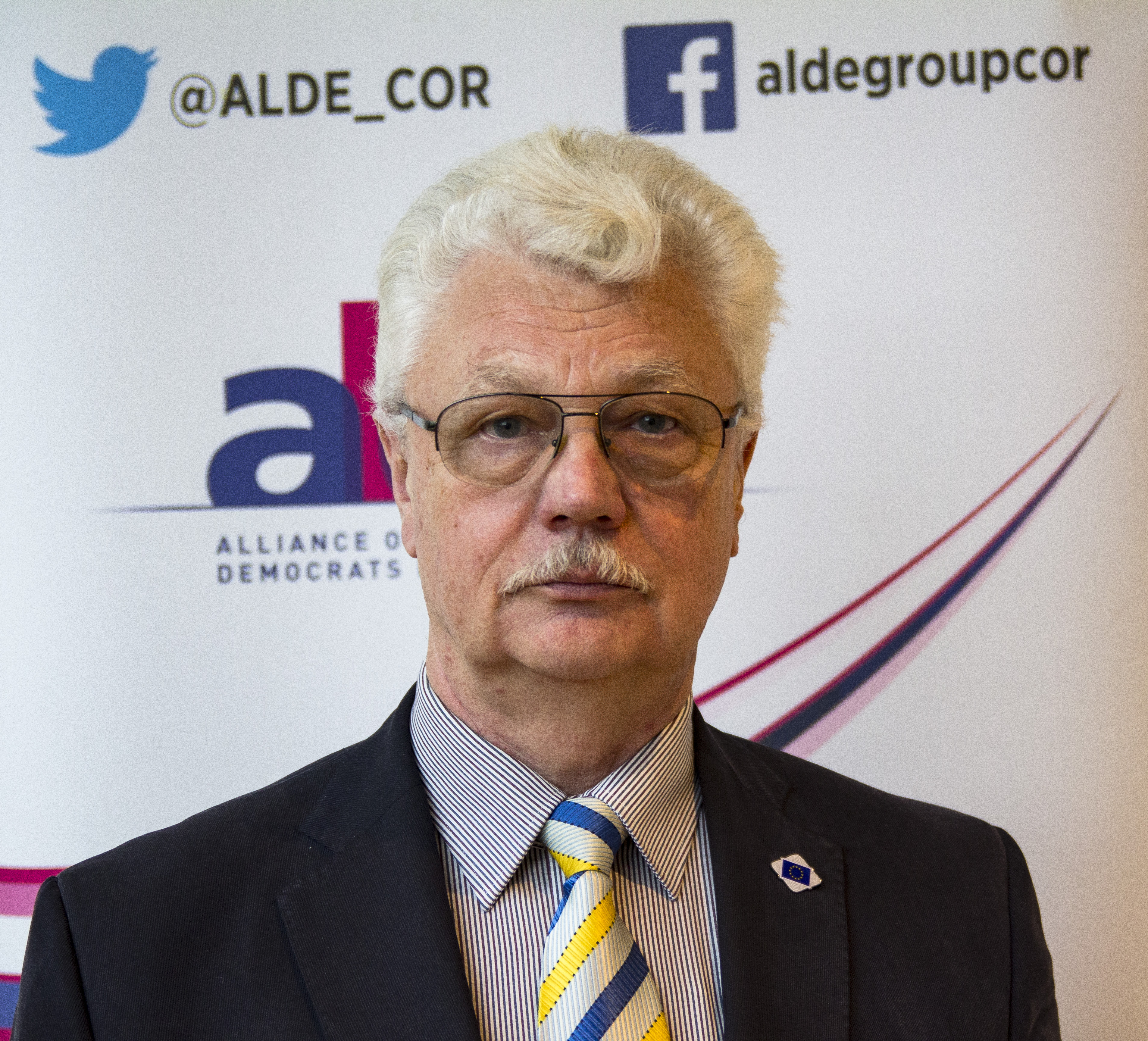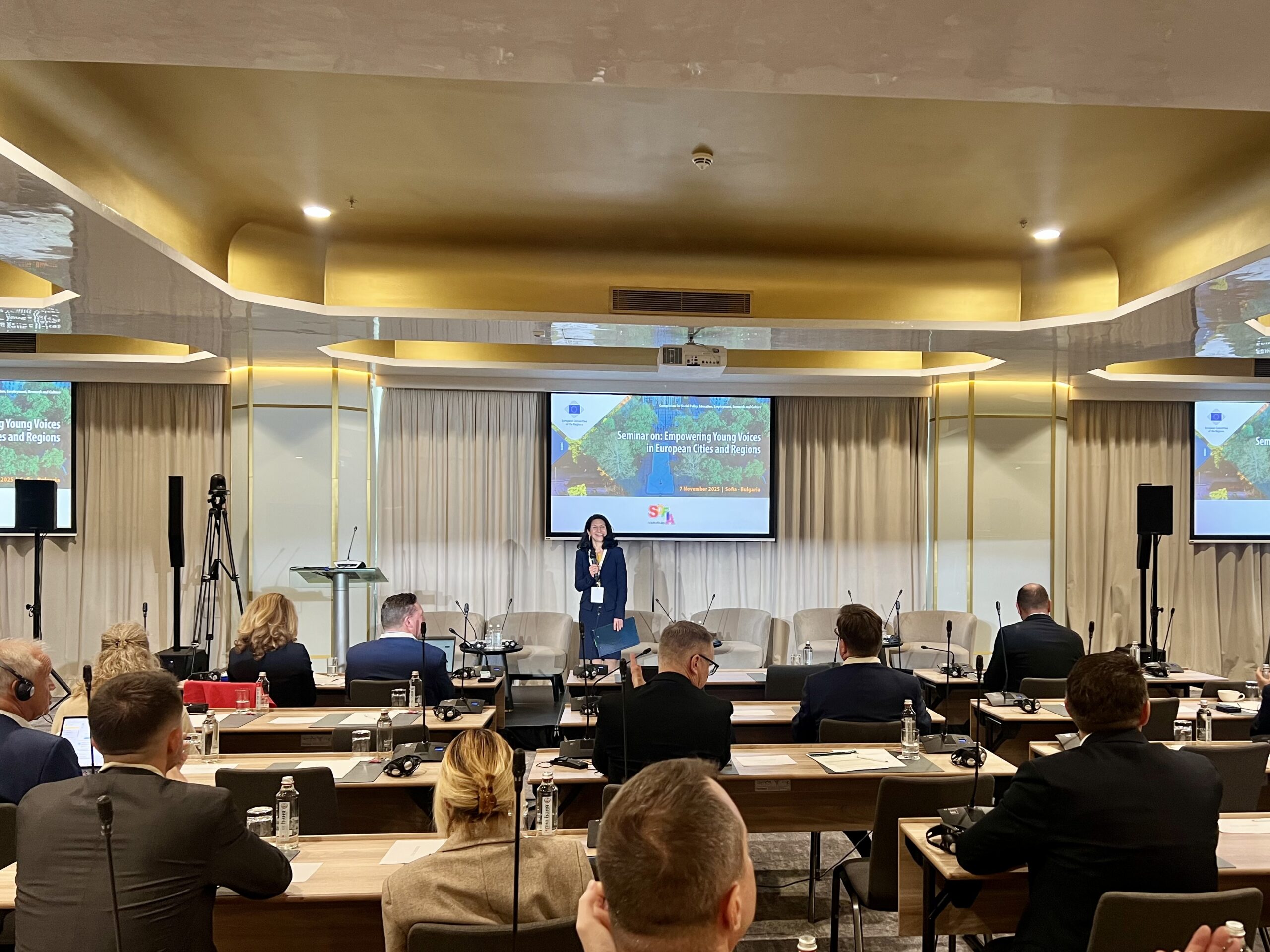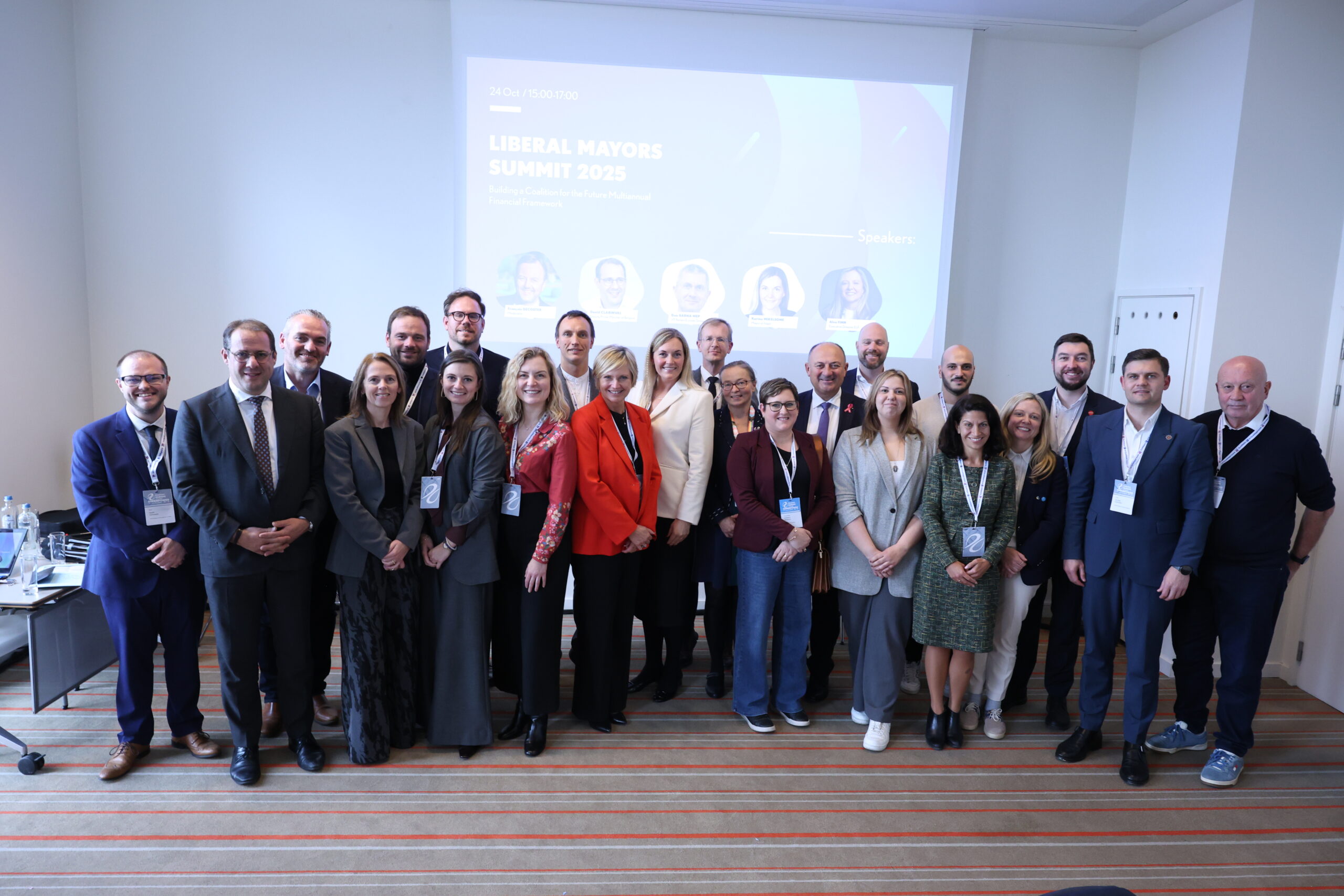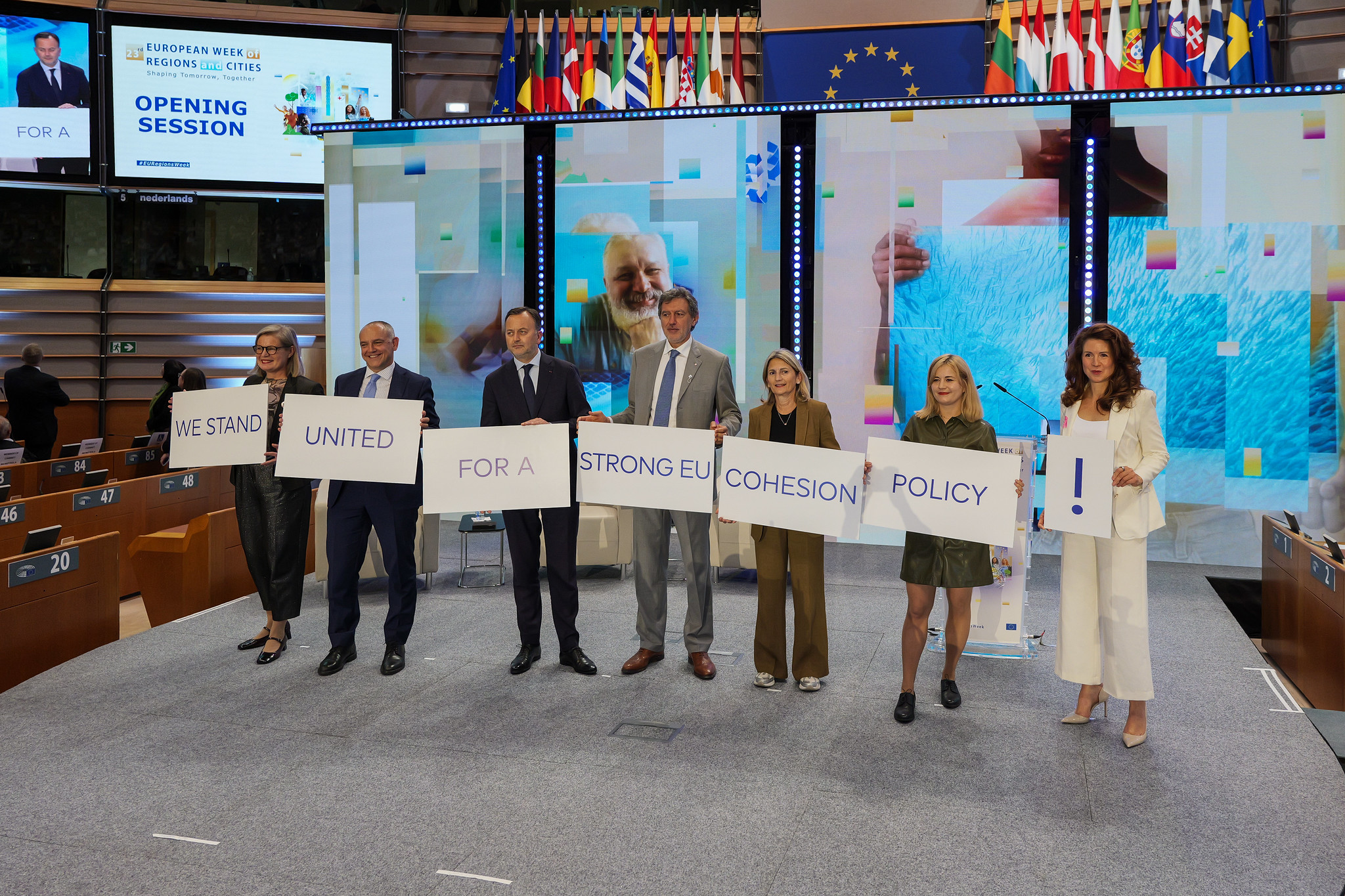The European Defence Fund (EDF) should promote and stimulate joint cooperation activities between Member States in the field of defence products and technologies, says Dainis Turlais. “It’s important to develop defence everywhere, also in member states such as my own country of Latvia at the external border of the EU so that all citizens feel secure”.
Global security is under threat from an increasingly broad range of threats, whether it is war, terrorism, cybersecurity,…and Europe isn’t spared. Perhaps now more than ever security is a key priority for the EU. Dainis Turlais from Latvia wants to strengthen the EU’s defence independence.
“The EU’s external borders is an important aspect affecting the security and defence capacity of all EU regions. There are no more small and weak states in the EU – there’s the EU as a whole, united, strong and powerful. Only united can we achieve our objectives – it is our task to unite people”.
For Turlais, the security of each country and of the whole EU is essentially based on two pillars: economic potential and a society hallmarked by unity and cohesion. The security of each individual Member States is now synonymous with the security of the whole EU. The EU must scale up its efforts to improve its security and raise its profile as an influential global player for peace.
“The EU should be an influential global player. To achieve this, the EU has to be the union of united, economically developed and military strong states, rather than concentrating support in certain areas. We shouldn’t forget that regional development is important for domestic security in the individual Member States and that it’s one of their development aims.” The European Defence Fund must succeed and support Member States, regions and entrepreneurs in the achievement of this aim.”
The EDF should promote and stimulate joint cooperation activities between Member States in the field of defense products and technologies. In turn, the role of the Ministries of Defence of the Member States is to promote, support and demonstrate the potential of local businesses and researchers, thus contributing to their ability to integrate into supply chains,” said Turlais.
Support for SME’s
Local leaders consider it essential that the EDF gives specific support to SMEs, in particular those developing dual-use technologies – for both civil and military use – as they are an outstanding opportunity for jobs and growth. This reinforces the need for the EDF to give specific support to strategic domains, from robotics, to space technologies, including navigation systems and high performing computing. In line with the Cohesion Alliance, the fund must not reduce allocations for cohesion policy in any way. Cities and regions also request that the EDF work programme allocates 20% of the overall budget to cross-border participation of SMEs. Consortia with a larger number of participating SMEs would also be given priority.
Turlais emphasises that the EDF does not replace Member States’ own measures, but complements these with cross-border projects that Member States could not finance alone. The European Defence Fund – in partnership with Member States, NATO and other international investments – would therefore be a valuable new instrument to contribute to the EU’s strategic autonomy.
“There are no more small and weak states in the EU – there’s the EU as a whole, united, strong and powerful” – @DainisTurlais discusses his proposal for a European Defence Fund: https://t.co/QZl9J3BPpB #CoRPlenary pic.twitter.com/6JI6ZG7dgN
— ALDE-CoR (@ALDE_CoR) 23 March 2018





